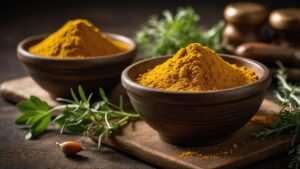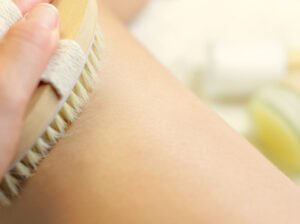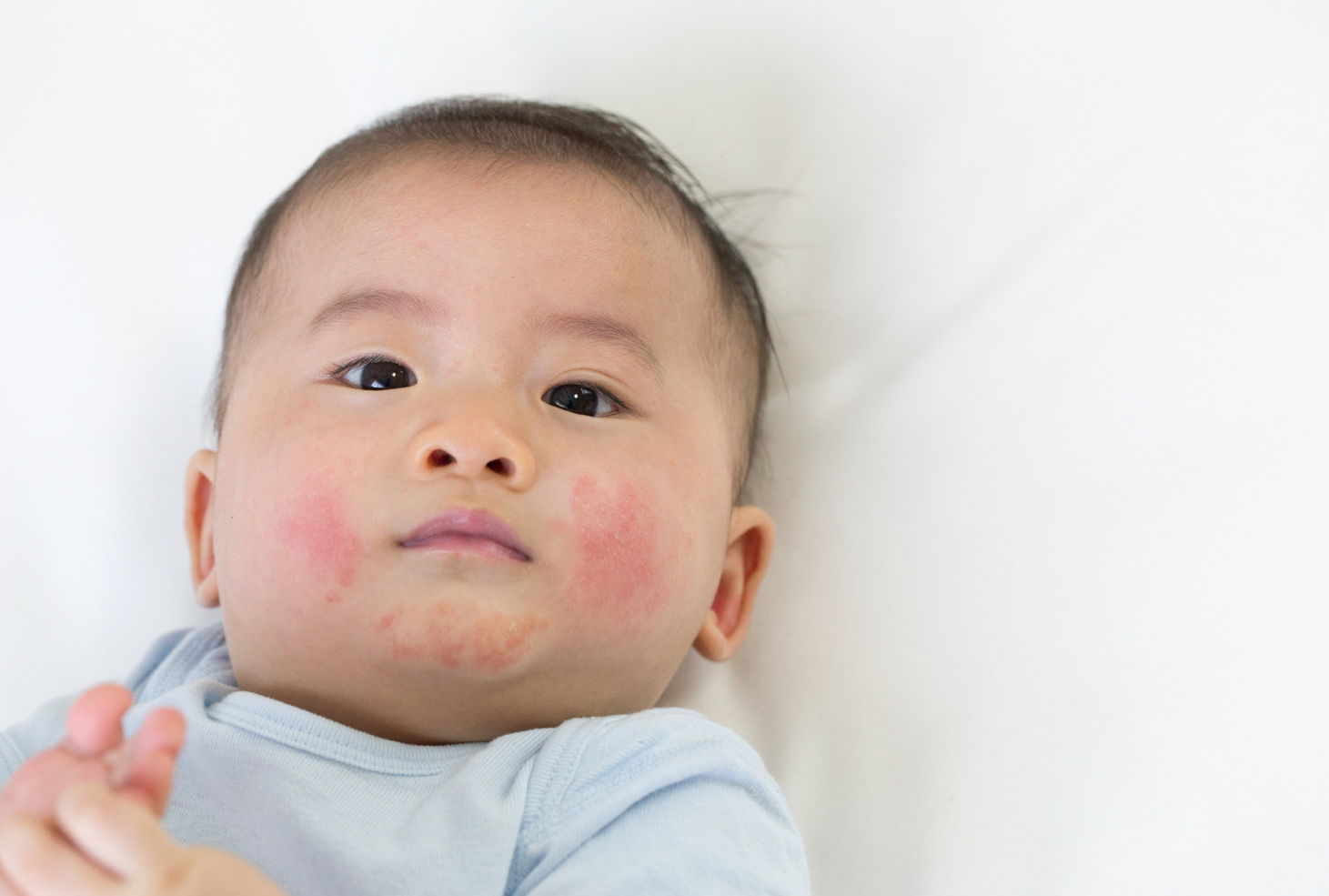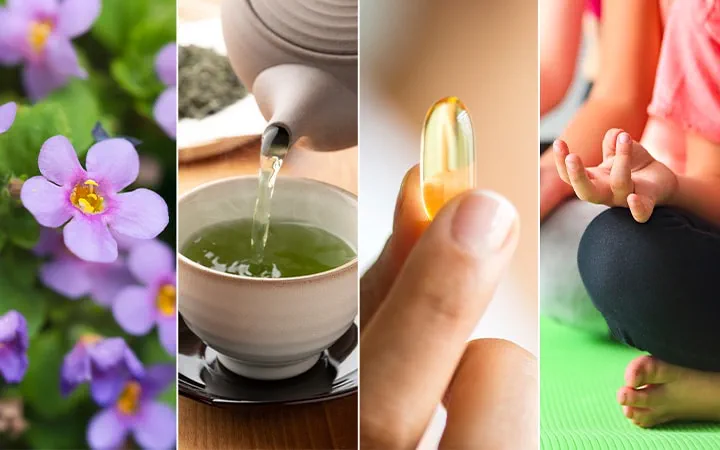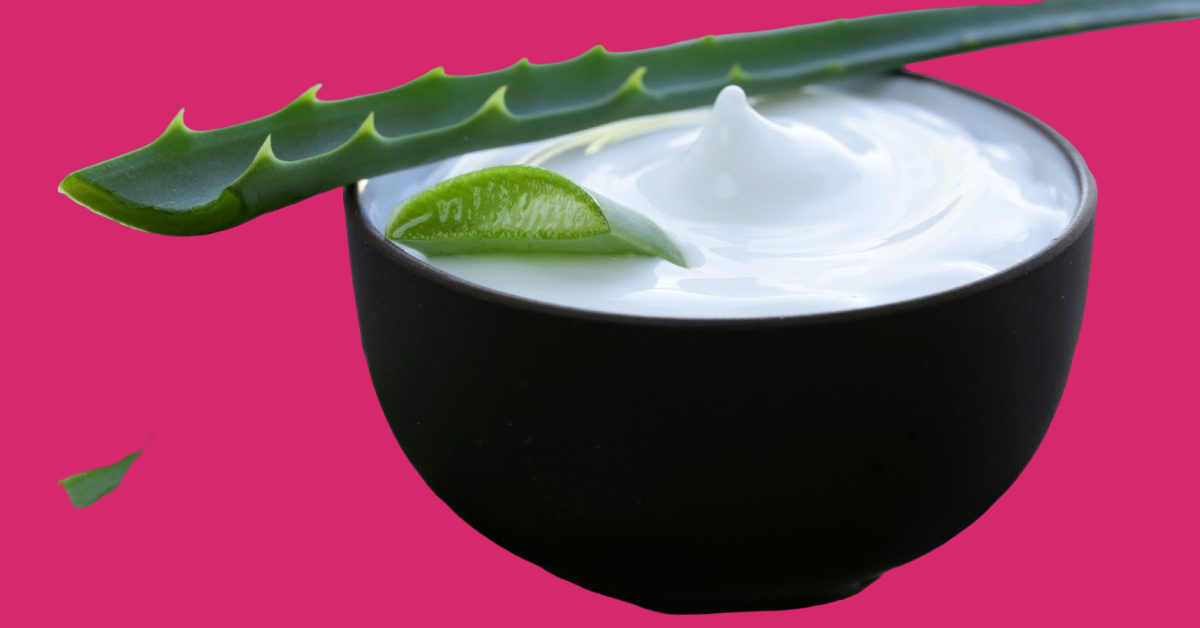Diet plays a crucial role in skin health, and certain foods can either contribute to or help alleviate acne. While topical treatments are essential, addressing acne from the inside out through nutrition can be a game-changer. A diet rich in vitamins, minerals, antioxidants, and anti-inflammatory properties can support your skin’s natural defenses and promote a clearer complexion.
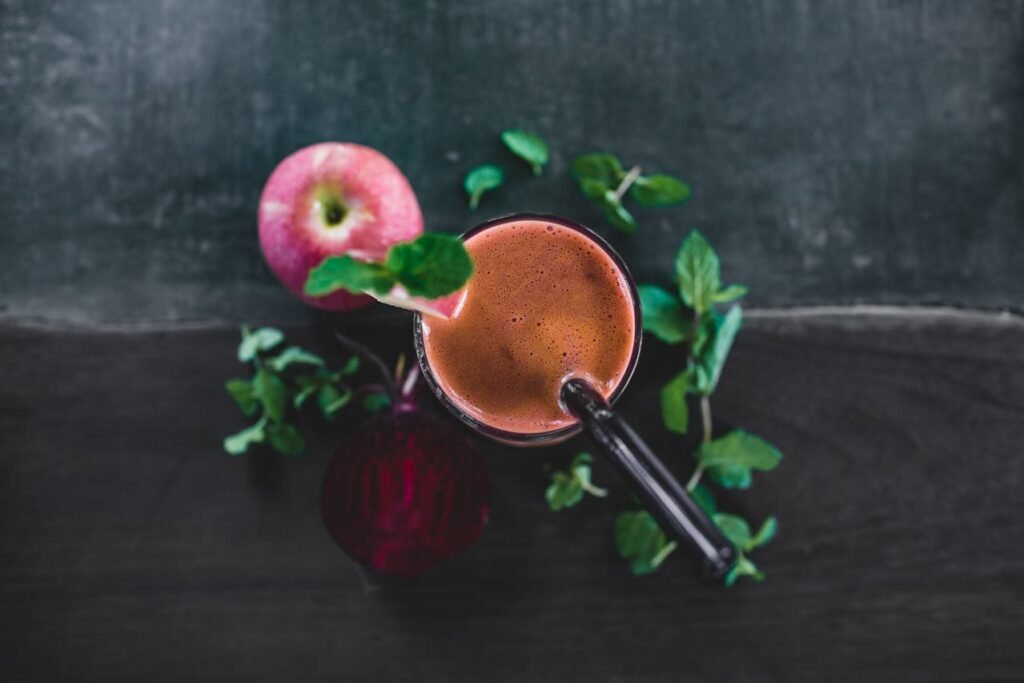
In this guide, we’ll explore the best foods to include in your diet to help clear acne naturally. These foods can provide the nutrients your skin needs to fight inflammation, reduce breakouts, and maintain overall health.
1. Omega-3 Rich Foods: Reducing Inflammation and Balancing Oil Production
Omega-3 fatty acids are essential fats that have powerful anti-inflammatory properties, which can help reduce the redness and swelling associated with acne. They also play a role in maintaining the skin’s lipid barrier, which helps to keep the skin hydrated and reduce excess oil production.
Top Omega-3 Rich Foods for Acne:
- Fatty Fish: Salmon, mackerel, sardines, and trout are rich in omega-3 fatty acids, which help to reduce inflammation and promote healthy skin.
- Chia Seeds: Chia seeds are an excellent plant-based source of omega-3s. They can be easily added to smoothies, yogurt, or oatmeal.
- Flaxseeds: Flaxseeds are another great plant-based source of omega-3s. Ground flaxseeds can be added to a variety of dishes, such as salads, smoothies, or baked goods.
- Walnuts: Walnuts are not only a source of omega-3s but also provide antioxidants that help protect the skin from free radical damage.
How Omega-3 Rich Foods Benefit the Skin:
- Reduce Inflammation: Omega-3s have anti-inflammatory properties that can help calm irritated skin and reduce the severity of acne breakouts.
- Regulate Oil Production: By supporting the skin’s natural lipid barrier, omega-3s help to maintain balanced oil production, reducing the likelihood of clogged pores.
Including a serving of omega-3-rich foods in your diet several times a week can help support healthier, clearer skin.
2. Zinc-Rich Foods: Boosting Skin Immunity and Healing
Zinc is a mineral that plays a key role in skin health by supporting the immune system, reducing inflammation, and promoting wound healing. Studies have shown that people with acne often have lower levels of zinc, making it an important nutrient to include in an acne-fighting diet.
Best Zinc-Rich Foods for Acne:
- Pumpkin Seeds: Pumpkin seeds are a great plant-based source of zinc and can be easily added to salads, yogurt, or eaten as a snack.
- Oysters: Oysters are one of the richest sources of zinc. Including them in your diet can help boost your zinc levels and support skin health.
- Legumes: Beans, lentils, and chickpeas are good sources of zinc, especially for those following a plant-based diet.
- Quinoa: Quinoa is not only a complete protein but also contains a significant amount of zinc, making it a great addition to your diet.
How Zinc Benefits the Skin:
- Supports Immune Function: Zinc helps to support the immune system, which can help the body fight off acne-causing bacteria more effectively.
- Reduces Inflammation: Zinc has anti-inflammatory properties that can help reduce the redness and swelling associated with acne.
- Promotes Healing: Zinc is involved in collagen synthesis and wound healing, which can help the skin repair itself after a breakout.
Incorporating zinc-rich foods into your diet can help improve your skin’s overall health and resilience.
3. Antioxidant-Rich Foods: Protecting the Skin from Free Radicals
Antioxidants are compounds that protect the skin from free radical damage caused by environmental stressors like pollution, UV rays, and inflammation. Free radicals can lead to oxidative stress, which can exacerbate acne and contribute to premature aging.
Top Antioxidant-Rich Foods for Acne:
- Berries: Blueberries, strawberries, raspberries, and blackberries are packed with antioxidants, such as vitamin C and flavonoids, which help protect the skin from oxidative stress.
- Dark Chocolate: High-quality dark chocolate with at least 70% cocoa contains powerful antioxidants called flavonoids that can help improve skin texture and hydration.
- Green Tea: Green tea is rich in polyphenols, particularly catechins, which have antioxidant and anti-inflammatory properties that can help reduce acne.
- Leafy Greens: Spinach, kale, and Swiss chard are loaded with vitamins A and C, which are potent antioxidants that support skin health and repair.
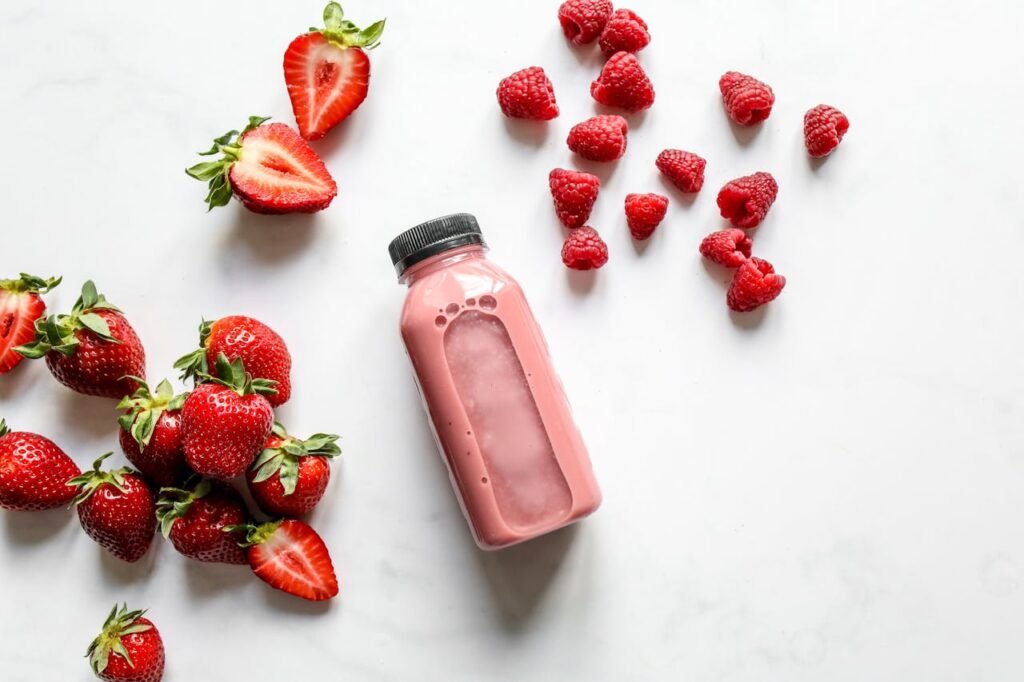
How Antioxidants Benefit the Skin:
- Neutralize Free Radicals: Antioxidants neutralize free radicals, reducing oxidative stress and preventing damage to skin cells.
- Reduce Inflammation: The anti-inflammatory properties of antioxidants help to calm irritated skin and reduce the severity of acne.
- Promote Healing: Antioxidants support the skin’s natural healing processes, helping to fade post-acne marks and promote a clearer complexion.
Incorporating a variety of antioxidant-rich foods into your diet can help protect your skin from environmental damage and promote a healthier complexion.
4. Probiotic Foods: Balancing Gut Health for Clearer Skin
Gut health plays a significant role in skin health, as an imbalance in the gut microbiome can contribute to inflammation and acne. Probiotic-rich foods help to balance the gut flora, which in turn can support clearer skin.
Best Probiotic Foods for Acne:
- Yogurt: Yogurt with live and active cultures is a great source of probiotics. Choose plain, unsweetened yogurt to avoid added sugars, which can exacerbate acne.
- Kefir: Kefir is a fermented dairy product that is rich in probiotics. It’s an excellent addition to smoothies or can be consumed on its own.
- Sauerkraut: Sauerkraut is fermented cabbage that contains beneficial probiotics. It can be added to salads, sandwiches, or eaten as a side dish.
- Kimchi: Kimchi is a spicy fermented vegetable dish that is rich in probiotics and can be added to a variety of meals for a flavor boost.
How Probiotics Benefit the Skin:
- Improve Gut Health: Probiotics help balance the gut microbiome, which can reduce systemic inflammation and improve skin conditions like acne.
- Boost Immune Function: A healthy gut supports a strong immune system, which can help the body fight off acne-causing bacteria.
- Reduce Inflammation: Probiotics have anti-inflammatory properties that can help calm the skin and reduce the severity of breakouts.
Adding probiotic-rich foods to your diet can support a healthy gut, which in turn can lead to clearer, healthier skin.
5. Low Glycemic Foods: Stabilizing Blood Sugar to Prevent Breakouts
High-glycemic foods cause rapid spikes in blood sugar levels, which can lead to increased insulin production and inflammation. This can trigger the overproduction of sebum, leading to clogged pores and acne. Incorporating low-glycemic foods into your diet can help stabilize blood sugar levels and reduce the risk of breakouts.
Top Low Glycemic Foods for Acne:
- Whole Grains: Foods like quinoa, brown rice, and oats have a low glycemic index and provide steady energy without causing blood sugar spikes.
- Legumes: Beans, lentils, and chickpeas are low-glycemic foods that are also rich in fiber, helping to keep blood sugar levels stable.
- Non-Starchy Vegetables: Leafy greens, broccoli, cauliflower, and bell peppers are low in carbohydrates and have a minimal impact on blood sugar levels.
- Nuts and Seeds: Almonds, walnuts, chia seeds, and flaxseeds are low-glycemic and provide healthy fats and protein to help regulate blood sugar.
How Low Glycemic Foods Benefit the Skin:
- Reduce Insulin Spikes: By preventing rapid increases in blood sugar and insulin levels, low-glycemic foods help reduce the hormonal fluctuations that can lead to acne.
- Control Sebum Production: Stable blood sugar levels can help regulate sebum production, reducing the likelihood of clogged pores and breakouts.
- Minimize Inflammation: Low-glycemic foods are less likely to trigger inflammatory responses in the body, helping to keep acne at bay.
Focusing on a diet rich in low-glycemic foods can help stabilize blood sugar levels and promote clearer skin.
Conclusion
The foods you eat can have a significant impact on your skin’s health. Incorporating omega-3 rich foods, zinc, antioxidants, probiotics, and low-glycemic options into your diet can help support a clearer complexion from the inside out. By focusing on these nutrient-dense foods, you can help reduce inflammation, balance oil production, and promote overall skin health.
Remember that achieving clear skin is a holistic process that involves not only diet but also proper skincare and a healthy lifestyle. Consistency is key, so make these dietary changes a regular part of your routine for the best results.
External Links:




